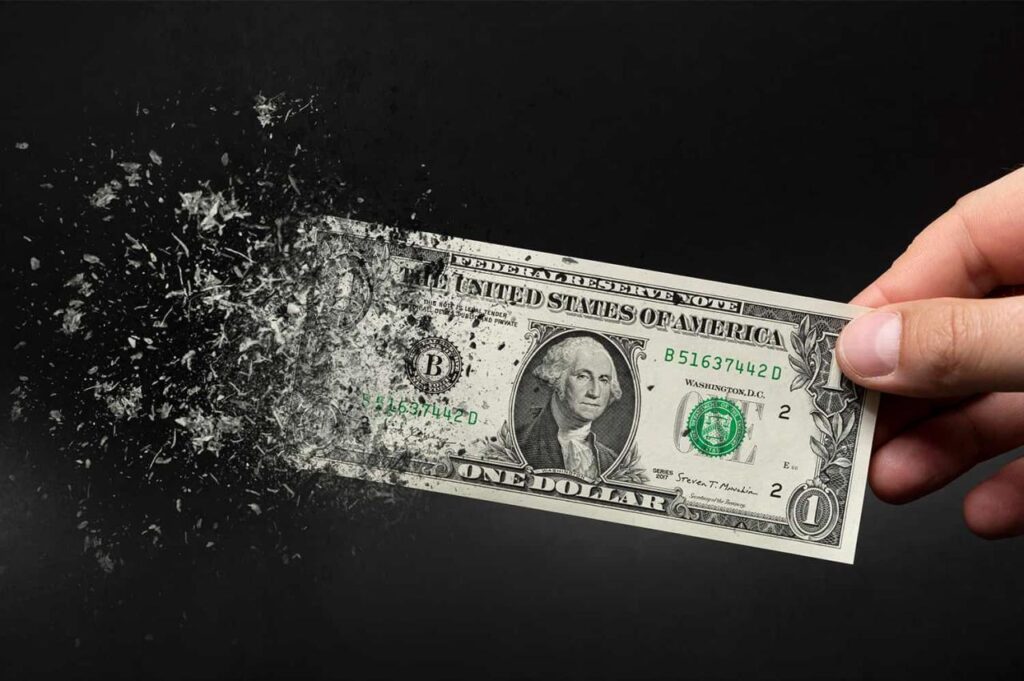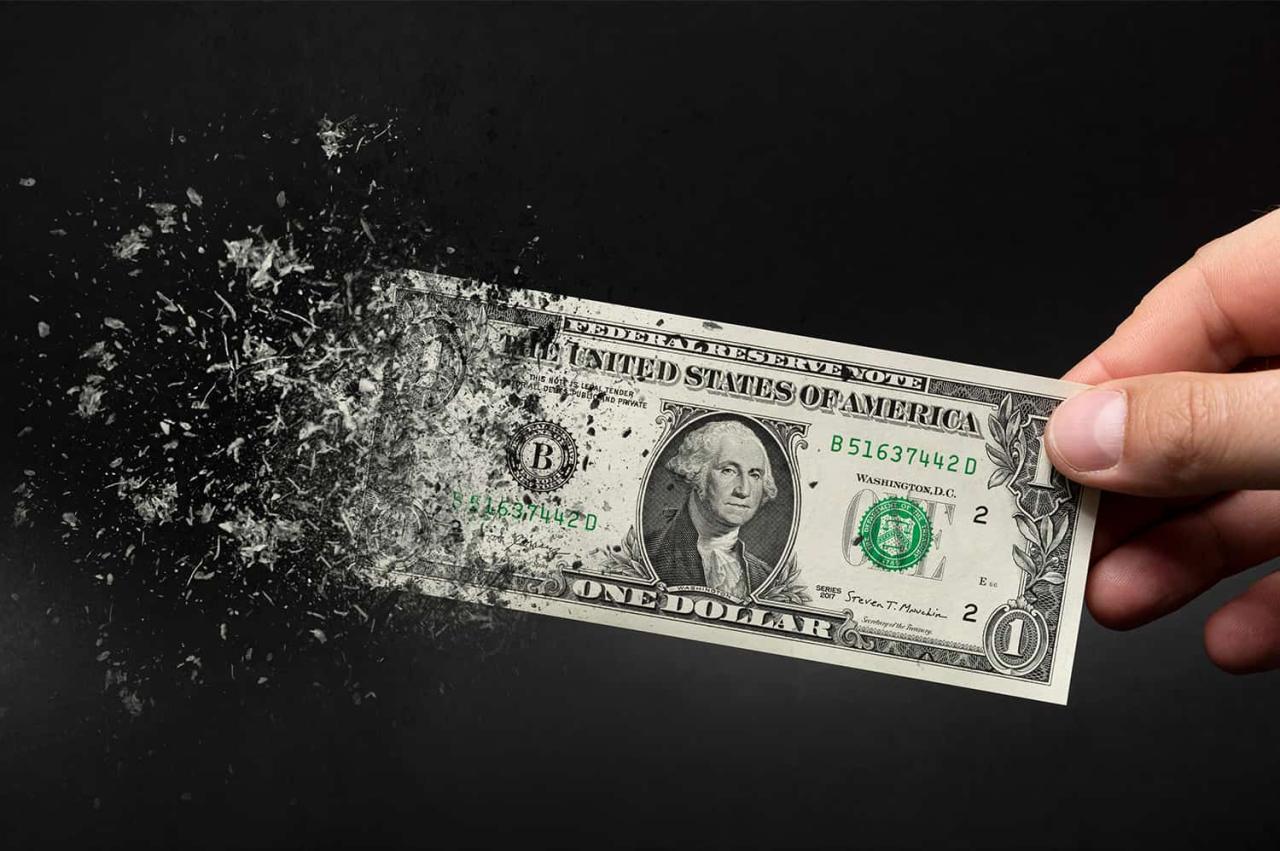How Stimulus Check Payments Are Affected by Bankruptcy is a complex topic that often arises for individuals facing financial hardship. Navigating the intersection of government benefits and bankruptcy proceedings can be confusing, particularly when it comes to understanding how stimulus checks are treated.
This guide aims to provide clarity on the interplay between bankruptcy and stimulus checks, exploring how these payments are classified, the potential impact on eligibility, and effective strategies for managing them during bankruptcy proceedings. We’ll delve into legal principles, real-world examples, and provide answers to common questions surrounding this intricate financial landscape.
Bankruptcy and Stimulus Checks: An Overview: How Stimulus Check Payments Are Affected By Bankruptcy
Stimulus checks, designed to provide financial relief during economic downturns, can intersect with bankruptcy proceedings in complex ways. Understanding how bankruptcy impacts stimulus checks is crucial for debtors navigating this challenging situation. This article will explore the relationship between bankruptcy and stimulus checks, covering various aspects, including the classification of stimulus checks as income, the potential impact of bankruptcy on future eligibility, and strategies for managing stimulus checks during bankruptcy.
Types of Bankruptcy and Financial Obligations
The U.S. Bankruptcy Code offers two primary forms of personal bankruptcy: Chapter 7 and Chapter 13. Chapter 7, often referred to as liquidation bankruptcy, involves selling off assets to pay creditors. In contrast, Chapter 13, a reorganization bankruptcy, allows debtors to create a repayment plan over a three to five-year period.
Both forms of bankruptcy discharge certain debts, but the specific debts that are discharged vary.
- In Chapter 7, most unsecured debts, such as credit card debt, medical bills, and personal loans, are discharged. However, certain debts, such as student loans, taxes, and alimony, are typically not dischargeable.
- Chapter 13 bankruptcy allows debtors to propose a repayment plan for certain debts, such as secured debts (e.g., mortgages and car loans) and unsecured debts. Upon successful completion of the plan, the remaining debts are discharged.
Bankruptcy proceedings can significantly impact a debtor’s financial obligations. The Bankruptcy Code aims to provide debtors with a fresh start by discharging certain debts and allowing them to rebuild their financial lives. However, it’s important to note that bankruptcy does not erase all debts.
Certain debts, such as student loans and certain taxes, may not be dischargeable.
Purpose and Eligibility for Stimulus Checks
Stimulus checks, also known as Economic Impact Payments, were issued by the U.S. government during the COVID-19 pandemic to provide economic relief to individuals and families. The purpose of these checks was to mitigate the economic hardship caused by the pandemic and stimulate the economy.
- Eligibility for stimulus checks was based on factors such as income, filing status, and dependents. The specific eligibility criteria varied depending on the stimulus package.
- Stimulus checks were generally considered taxable income, and recipients were required to report them on their tax returns.
Understanding the eligibility criteria for stimulus checks is essential for debtors in bankruptcy, as it can impact their financial situation and their potential obligations to creditors.
Legal Principles Governing Bankruptcy and Government Benefits
The interplay between bankruptcy and government benefits is governed by various legal principles. The Bankruptcy Code aims to balance the needs of debtors with the interests of creditors and the government.
- The Bankruptcy Code generally allows debtors to receive government benefits, including stimulus checks, without jeopardizing their bankruptcy proceedings. However, certain conditions may apply.
- The Bankruptcy Code also prohibits debtors from concealing assets or income, including stimulus checks, from the bankruptcy court. Failure to disclose such income can result in serious consequences, such as dismissal of the bankruptcy case or criminal charges.
It’s crucial for debtors to consult with an experienced bankruptcy attorney to ensure they understand the legal principles governing the interaction between bankruptcy and government benefits.
Stimulus Checks as Income in Bankruptcy
Stimulus checks are generally classified as income in bankruptcy proceedings. This means that they are subject to the same rules and regulations as other forms of income, such as wages, salaries, and investment income. Bankruptcy courts consider stimulus checks when determining a debtor’s disposable income, which is the income available for repayment to creditors.
Check How Stimulus Check Payments Are Calculated for Part-Time Workers to inspect complete evaluations and testimonials from users.
Determining Disposable Income
Bankruptcy courts use a specific formula to calculate a debtor’s disposable income. This formula considers various factors, including income, expenses, and the number of dependents. Stimulus checks are typically included as income in this calculation.
- For example, if a debtor receives a $1,400 stimulus check, this amount would be added to their overall income, potentially increasing their disposable income and their repayment obligations to creditors.
- However, bankruptcy courts may consider certain circumstances when determining disposable income. For instance, if a debtor can demonstrate that the stimulus check was used to cover essential expenses, such as food, housing, or medical bills, the court may reduce the amount of disposable income attributed to the stimulus check.
It’s important for debtors to carefully document how they use stimulus checks to support their claims in bankruptcy proceedings.
Consequences of Non-Disclosure

Failing to disclose stimulus checks in bankruptcy filings can have serious consequences. The bankruptcy court may consider this a form of fraud or concealment of assets, which can lead to:
- Dismissal of the bankruptcy case
- Criminal charges
- Additional penalties
Debtors should always be truthful and transparent with the bankruptcy court regarding their income, including stimulus checks.
Impact of Bankruptcy on Stimulus Check Eligibility
Bankruptcy proceedings can potentially impact a debtor’s future eligibility for stimulus checks. The Bankruptcy Code does not explicitly address stimulus checks, but it does provide guidance on the eligibility for government benefits in general.
Role of the Bankruptcy Code
The Bankruptcy Code generally allows debtors to receive government benefits, including stimulus checks, without jeopardizing their bankruptcy proceedings. However, the Code also emphasizes the importance of ensuring that debtors are not receiving government benefits that they are not entitled to.
You also can investigate more thoroughly about Stimulus Check Payment Amounts for Families with Children to enhance your awareness in the field of Stimulus Check Payment Amounts for Families with Children.
- For example, if a debtor is receiving government benefits based on a false or misleading statement, the bankruptcy court may take action to prevent them from continuing to receive those benefits.
- It’s important to note that the Bankruptcy Code does not specifically address the eligibility for stimulus checks, so the impact of bankruptcy on future stimulus check eligibility may depend on the specific circumstances of the debtor’s case.
Debtors should consult with an experienced bankruptcy attorney to understand the potential impact of bankruptcy on their eligibility for government benefits.
Notice Stimulus Check Payments for Married Couples vs. Single Filers for recommendations and other broad suggestions.
Specific Provisions and Exceptions
The Bankruptcy Code does not contain specific provisions or exceptions related to stimulus checks. However, it does provide general guidance on the eligibility for government benefits in bankruptcy.
- The Code generally allows debtors to receive government benefits, including stimulus checks, as long as they are eligible for those benefits under the applicable federal or state laws.
- Debtors should ensure that they meet the eligibility requirements for stimulus checks and that they are not receiving benefits that they are not entitled to.
It’s crucial for debtors to understand the specific rules and regulations governing their eligibility for government benefits, including stimulus checks.
Browse the multiple elements of ow Much Will My Stimulus Check Be in New York? to gain a more broad understanding.
Strategies for Handling Stimulus Checks in Bankruptcy
Debtors facing bankruptcy should develop a clear strategy for managing stimulus checks received during the proceedings. This strategy should encompass disclosure, utilization, and compliance with bankruptcy laws.
Disclosing Stimulus Checks
Debtors should promptly disclose any stimulus checks received to the bankruptcy court. This can be done through:
- Filing an amended schedule of income and expenses
- Providing a written statement to the trustee
Accurate and timely disclosure is crucial to avoid potential legal consequences.
You also can investigate more thoroughly about Impact of Dependents on Stimulus Check Payment Amounts to enhance your awareness in the field of Impact of Dependents on Stimulus Check Payment Amounts.
Utilizing Stimulus Checks
Debtors have several options for utilizing stimulus checks:
- Paying down debt: Stimulus checks can be used to pay down existing debt, which can reduce the overall debt burden and improve the debtor’s financial standing.
- Covering essential expenses: Stimulus checks can be used to cover essential expenses, such as food, housing, and utilities, which can help maintain financial stability during bankruptcy proceedings.
- Saving for future expenses: Debtors can save a portion of the stimulus check for future expenses, such as post-bankruptcy expenses or unexpected emergencies.
The best approach for utilizing stimulus checks will depend on the debtor’s individual circumstances and financial goals.
Case Studies and Real-World Examples, How Stimulus Check Payments Are Affected by Bankruptcy
Here’s a table showcasing real-world case studies involving stimulus checks and bankruptcy:
| Case Details | Legal Outcomes | Key Takeaways |
|---|---|---|
| A debtor received a $1,200 stimulus check during Chapter 7 bankruptcy proceedings. The debtor failed to disclose the stimulus check to the bankruptcy court. | The bankruptcy court dismissed the case due to the debtor’s failure to disclose income. | Transparency and accurate disclosure of income are crucial in bankruptcy proceedings. Failure to disclose can have serious consequences. |
| A debtor received a $1,400 stimulus check during Chapter 13 bankruptcy proceedings. The debtor used the stimulus check to pay down unsecured debt. | The bankruptcy court approved the debtor’s plan modification, which included the stimulus check payment. | Stimulus checks can be used to pay down debt in bankruptcy proceedings, which can improve the debtor’s financial standing. |
| A debtor received a $600 stimulus check during Chapter 7 bankruptcy proceedings. The debtor used the stimulus check to cover essential expenses, such as food and housing. | The bankruptcy court considered the stimulus check as income but adjusted the debtor’s disposable income based on the use of the check for essential expenses. | Bankruptcy courts may consider the use of stimulus checks for essential expenses when determining disposable income. |
These case studies demonstrate the importance of understanding the legal principles governing stimulus checks and bankruptcy. Debtors should carefully consider their options and seek professional guidance to navigate this complex legal landscape.
Outcome Summary
Understanding how stimulus check payments are affected by bankruptcy is crucial for individuals seeking financial relief. By understanding the legal framework, eligibility criteria, and strategic options available, debtors can navigate this complex situation with greater confidence. Remember, seeking professional legal advice is essential for personalized guidance tailored to individual circumstances.
Query Resolution
Can I receive stimulus checks if I’m filing for bankruptcy?
Yes, you may still be eligible for stimulus checks even if you are filing for bankruptcy. However, the stimulus checks may be considered income and subject to distribution to creditors.
What happens to stimulus checks I receive after filing for bankruptcy?
Stimulus checks received after filing for bankruptcy are typically considered part of your bankruptcy estate. Your bankruptcy trustee will likely distribute these funds to your creditors.
Should I disclose stimulus checks in my bankruptcy filings?
It’s crucial to disclose all income sources, including stimulus checks, in your bankruptcy filings. Failure to do so can lead to serious consequences, including penalties and even dismissal of your case.






